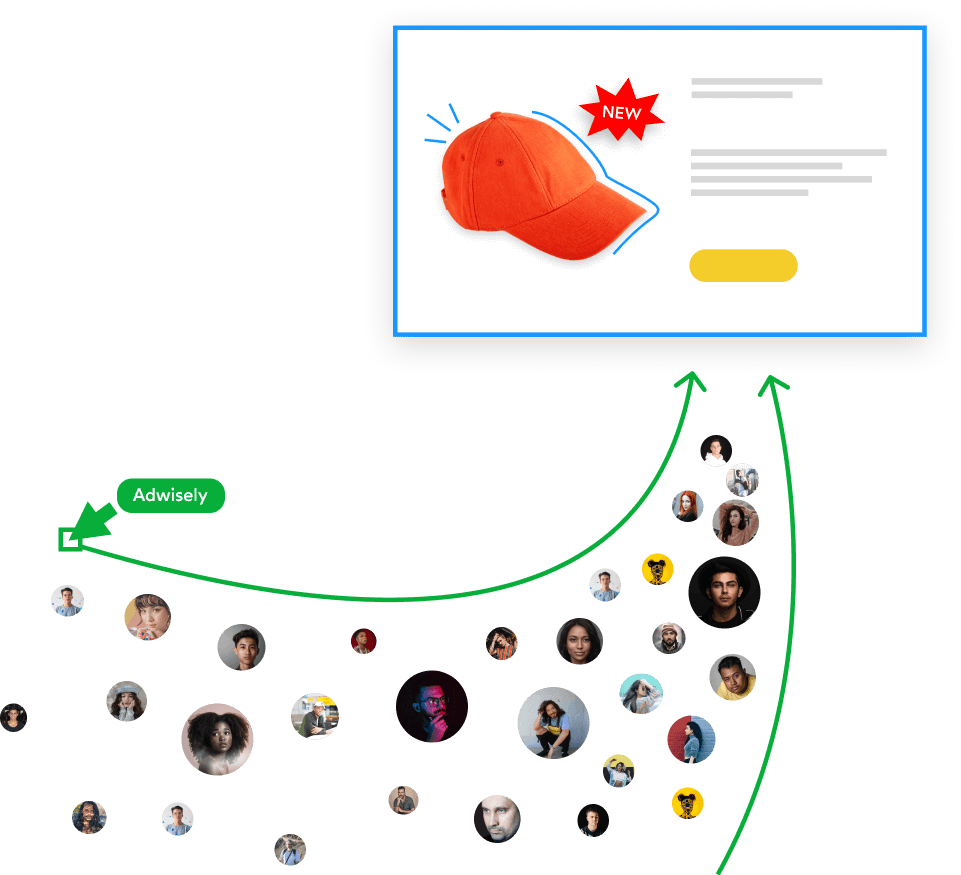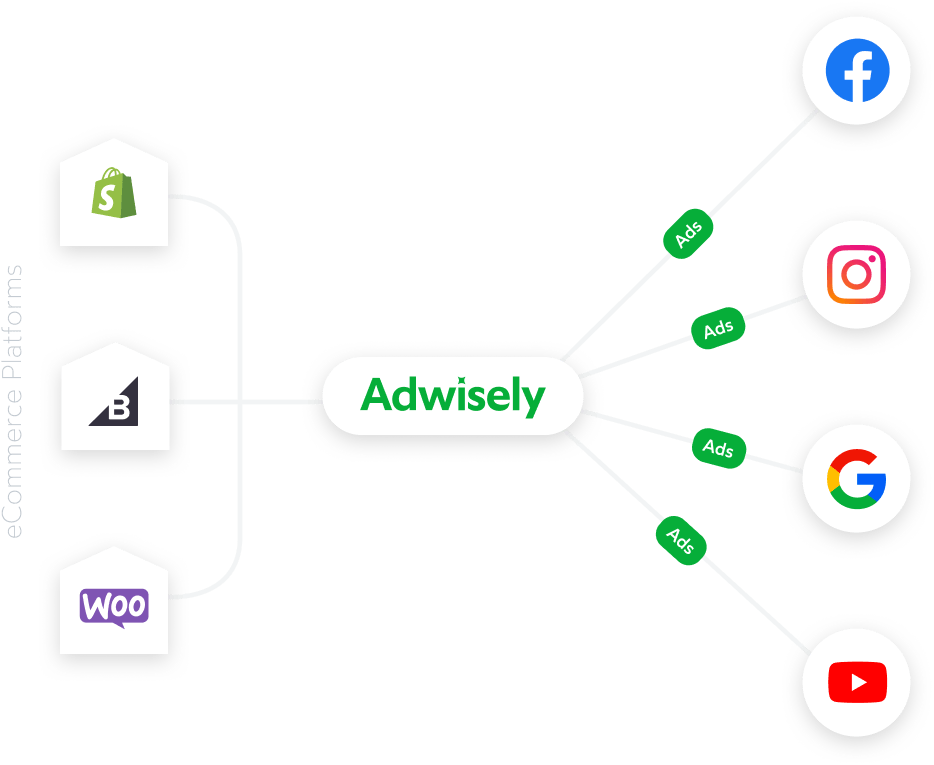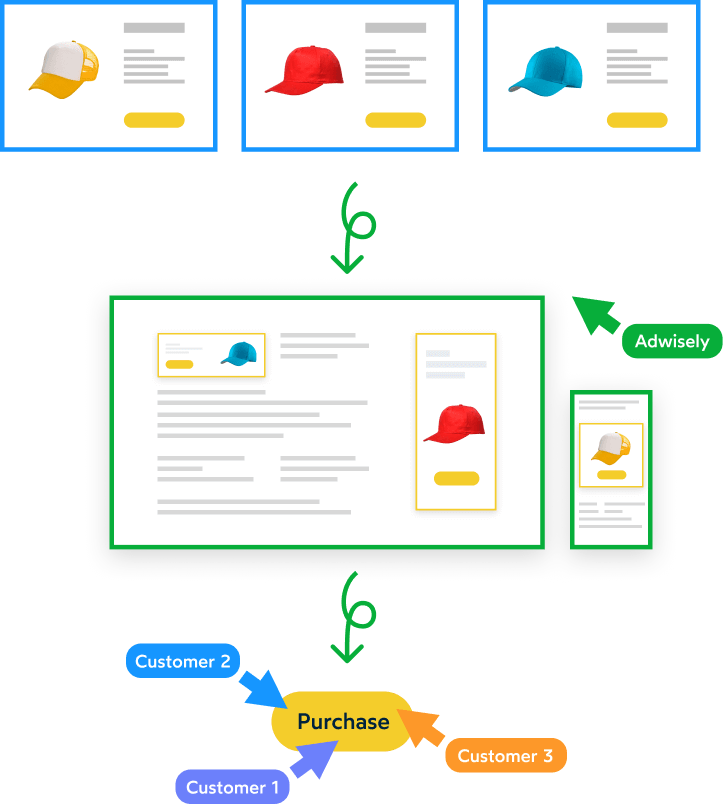Facebook and Google are the biggest platforms for eCommerce store owners and online marketers to run digital campaigns on. Both platforms can boast incredibly large audiences and quite sophisticated targeting capabilities. Let’s see how Prospecting works on each of them.
Prospecting on Facebook
Facebook has 2.85 billion active users, which gives marketers incredible opportunities for reaching out to new people. Even though there is no such campaign objective as Prospecting in the Ads Manager, you still can get prospects by running Traffic or Conversions campaigns. At the end of the day, targeting is what matters here.
Facebook Prospecting ads can be delivered either to a vast majority of people — if you target only by location, demographics, and general interest — or to a very precise group of people by targeting people that are similar to your existing customers. Also, your Prospecting ads can be delivered far beyond Facebook, to platforms like Instagram, WhatsApp, Messenger, and Audience Network, a group of trusted apps.
Prospecting on Google
Google also enjoys unimaginable popularity among users worldwide — 3.5 billion searches take place on Google every day. 76% of all the global web searches happen here. On top of that, Google Display Network has gathered more than 2 million websites, YouTube videos, and apps to give businesses huge exposure.
The benefit of Google Ads is that they can target people who are actively looking for a product similar to yours, and those potentially interested in your goods while they browse the Internet. When you advertise on Google, your ads can be displayed on Google Search Network (search-related websites that feature ads and free product listings), Google Display Network, YouTube, Gmail (in Social and Promotion tabs), and Google Discover.
Both platforms have rich opportunities for Prospecting, and we are not to tell you which one is the best. At Adwisely, we believe in multiplatform advertising — that is why we enable our customers to create and automate their Prospecting campaigns on both Facebook and Google.
If you would like to learn more about the similarities and differences between these two platforms, check out our Facebook ads VS Google ads article.















